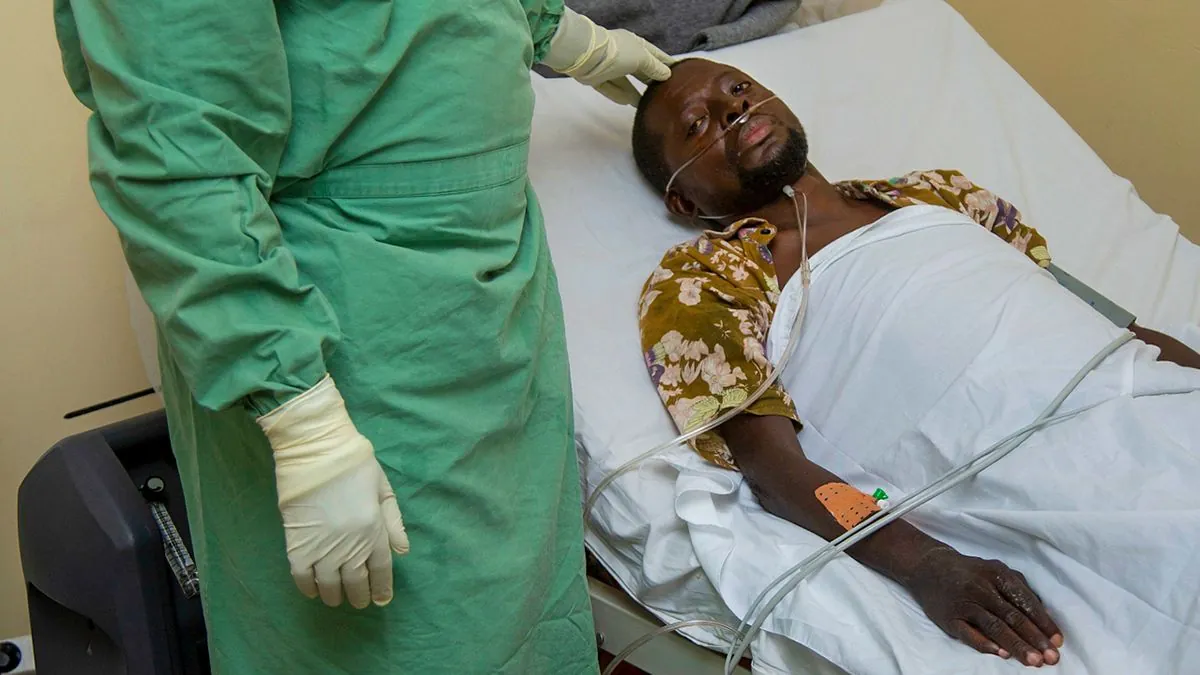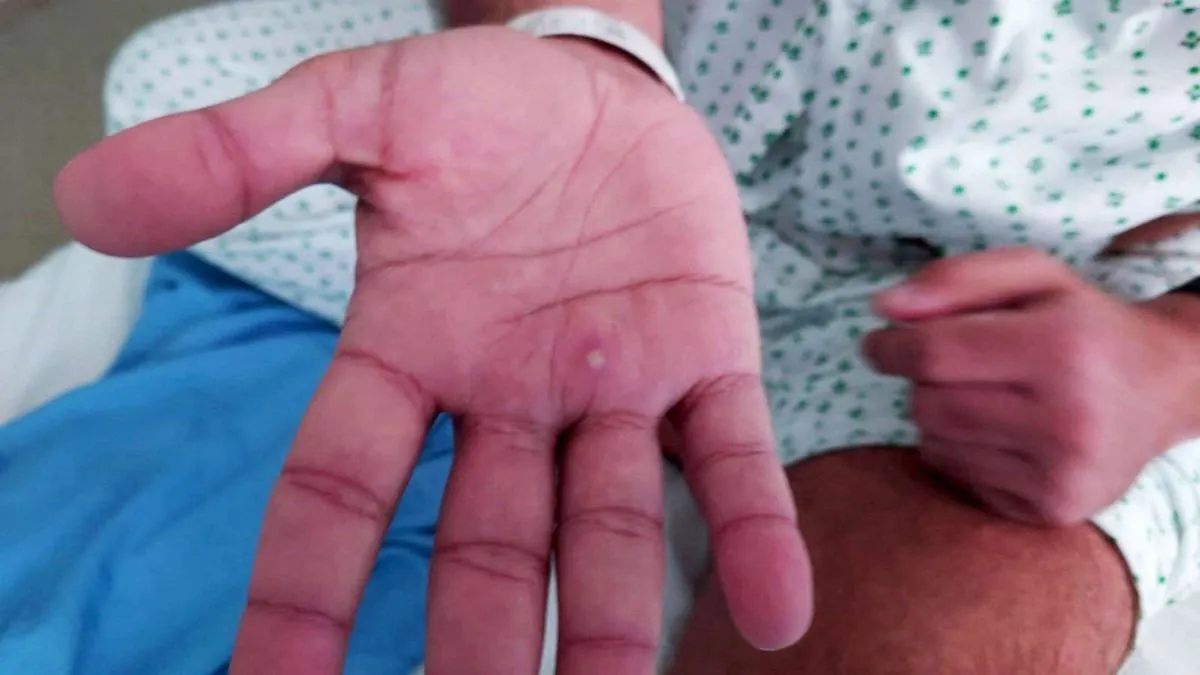Africa Faces Alarming Surge in Mpox Cases, Raising Global Health Concerns
Mpox infections in Africa surpass 15,000 in 2024, with the Democratic Republic of Congo hit hardest. Health authorities consider declaring emergencies as the virus spreads to new countries.

The African continent is grappling with a significant increase in mpox infections, surpassing 15,000 cases in 2024, a figure that exceeds the total for all of 2023. This surge has prompted global health authorities to raise alarms about the potential for widespread transmission.
Jean Kaseya, director general of the Africa Centers for Disease Control and Prevention (Africa CDC), expressed grave concern during a recent news briefing, stating, "This is a major alarm for the world. We are losing the youth in Africa." The Africa CDC is likely to declare a health emergency in the coming week, while the World Health Organization (WHO) is considering a similar declaration.
The Democratic Republic of Congo (DRC) has been particularly affected, with the virus reaching record highs and primarily impacting children. The country has recorded 13,800 suspected and confirmed cases and 450 deaths in 2024, with children under 15 accounting for 68% of cases and 85% of deaths.

Mpox, first discovered in 1958 in research monkeys and identified in humans in 1970 in the DRC, has now spread to countries that have never experienced outbreaks before, including Kenya and the Ivory Coast. This expansion is causing significant concern among health officials.
The virus is presenting in different forms across the continent. In eastern parts of the DRC, a new variant known as clade 1b has emerged, spreading through sexual networks and detected in neighboring countries. While less lethal than the clade 1 version, it still poses a significant threat due to its potential for rapid spread.
Christina L. Hutson, chief of the CDC's poxvirus and rabies branch, noted that while the death rate for clade 1b is lower, its sexual transmission route is concerning. The clade 1 variant, predominantly found in one Congo province, has a higher fatality rate of about 5.5%.
"Sexual transmission in areas where there is a great deal of population movement is particularly worrisome given the implications for rapid spread. Mpox is transmitted very efficiently through sexual contact."
The outbreak in Africa differs from the 2022 global outbreak in several ways. While the latter was primarily driven by male-to-male sexual contact, the current African outbreak is spreading through various routes, including animal-to-human transmission, household contact, and heterosexual networks.
Challenges in addressing the outbreak in Africa are significant. Many affected countries lack adequate supplies of vaccines and antivirals that helped control the 2022 international health emergency. Vaccine distribution in regions like the DRC presents logistical nightmares due to weak healthcare infrastructure and remote, hard-to-reach communities.
However, efforts to expand vaccination are gaining momentum. The WHO is working to accelerate vaccine access in lower-income countries, while the U.S. CDC is collaborating with Congolese officials to develop a targeted vaccination plan.
As the situation unfolds, global health experts emphasize the need for swift and coordinated action. The potential for mpox to spread beyond Africa's borders remains a concern, echoing the events of 2022 when the virus circulated widely outside the continent for the first time.
With the current outbreak demonstrating the virus's ability to adapt and spread through various transmission routes, vigilance and proactive measures are crucial to prevent a potential global resurgence of mpox.


































